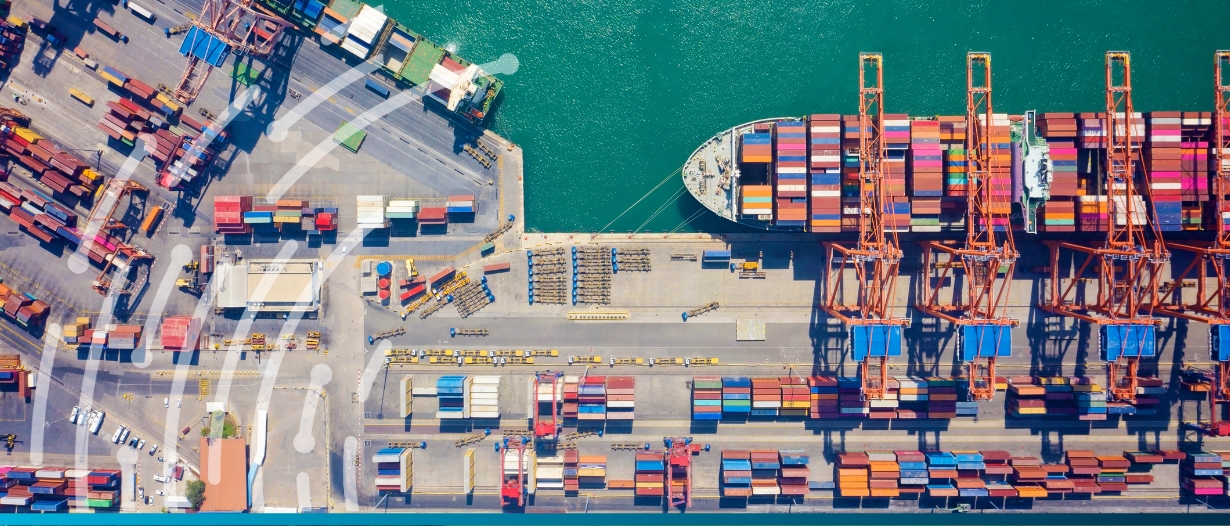Estimated reading time: 3 minutes
The United Nations Commission on International Trade Law (UNCITRAL) is developing a comprehensive international convention to standardise negotiable cargo documents across multiple transportation modes, potentially transforming international trade documentation practices.
The United Nations Commission on International Trade Law (UNCITRAL) is developing a comprehensive international convention to standardise negotiable cargo documents across multiple transportation modes, potentially transforming international trade documentation practices.
Since 2022, Working Group VI has been drafting an instrument that addresses a significant gap in current transport documentation. While maritime bills of lading have long functioned as documents of title, transport documents for rail, road, and air carriers have remained predominantly non-negotiable.
UNCITRAL Working Group VI met at the UN offices in Vienna from 9 to 13 December, for governments to continue refining and discussing the draft convention.
The draft convention introduces two primary document types: negotiable cargo documents, which are physical documents that can serve as titles across different transportation modes, and negotiable electronic cargo records, their digital equivalents providing a unified documentation approach.
The proposed framework requires negotiable cargo documents to include specific mandatory information encompassing transport operator details, consignor and consignee information, comprehensive goods description, identification marks, apparent condition of goods, freight payment status, and delivery location.
The instrument aims to facilitate the buying and selling of goods during transit, improve trade finance security, and provide flexible supply chain management for financial institutions.
UNCITRAL anticipates finalising the draft convention for the adoption of the UN General Assembly in late 2025. The instrument will not impose mandatory obligations on states but will provide a voluntary legal framework for transport operators, allowing for flexible implementation across different jurisdictions.
The draft instrument explicitly states it will not interfere with existing international liability regimes. Instead, it aims to allow transport operators to issue documents across different transportation modes and provide a uniform legal standard for electronic cargo record recognition.
Preliminary pilot projects have demonstrated practical applications of the draft legislation, made clear in trials involving trade routes between Kazakhstan and China. In one instance, Bank of China, FIATA International Federation of Freight Forwarders Associations, and China-focused blockchain consortium TradeGo collaborated to provide trade finance solutions using electronic cargo records.
On 22 November 2024, Bank of China’s Jiangsu Branch successfully implemented a FIATA eFBL financial service solution, granting international trade financing to an SME foreign trade company importing wheat feed powder from Kazakhstan via China-Europe Railway Express.
When the company faced a potential contract breach due to urgent shipping requirements, the bank recommended using electronic cargo records and worked closely with TradeGo to issue a FIATA eFBL on their platform. This collaboration enabled the company to secure financing and complete the shipment on time, demonstrating the effectiveness of electronic negotiable multimodal transport records under the UNCITRAL Draft Convention.
However, the success of this convention will ultimately depend on widespread industry adoption and how practical and implementable its provisions are across a range of contexts.
























